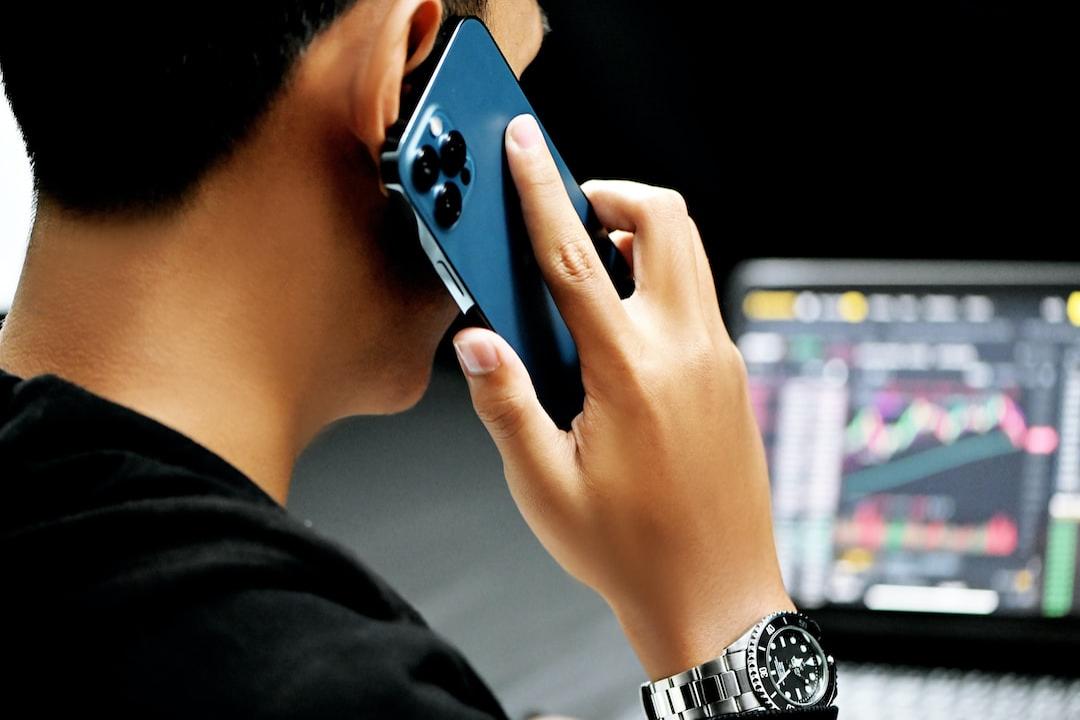Jasper Brodin, CEO of Ingka Group, the parent company of IKEA, recently stated that although current inflation is gradually cooling down and interest rates are decreasing, consumer behavior has undergone a significant change since the COVID-19 pandemic, with consumers continuously cutting expenses.
Despite the stable consumer confidence and signs of a slight improvement in the labor market in the US economy, Federal Reserve Chair Jerome Powell has repeatedly mentioned that the economy is heading towards a “soft landing”. However, Jasper Brodin, CEO of Ingka Group, the multinational home furnishings retail giant IKEA, recently stated that compared to the significant increase in product prices during the COVID-19 pandemic due to supply chain disruptions, IKEA had already spent 2 billion euros last year to lower prices for its most popular products.
Although IKEA has discounted and reduced prices for its products, resulting in increased sales volume, according to the Financial Times, its revenue declined by 5.3% to 45 billion euros in the year ending in August, marking its first decline since 2020.
Brodin explained that due to the previous high inflation rates and high interest rates, people’s wallets were under pressure. Combined with the recovery of the supply chain and the decrease in transportation costs and raw material prices, they had to lower prices for their products, even to pre-pandemic levels.
It is worth noting that Brodin also mentioned that the current consumer behavior has started to change. Despite the relief in inflation and interest rate cuts in Europe and the United States, consumers’ wallets are still shrinking, and they have started to cut expenses. For example, they mainly make purchases based on needs rather than worshiping various DIY products. Based on their observations, IKEA believes that the current economy is not prosperous and resembles the days after the 2008 economic recession. Even with interest rates starting to decline and inflation cooling down, it will take some time for people to open their wallets again.
In order to meet consumer demand, IKEA has recently launched a second-hand home furnishings trading platform, allowing consumers to buy and sell their second-hand home furnishings on the platform, seemingly as a response to insufficient consumer spending.
Whether the US economy can achieve a soft landing depends on three key factors that experts suggest closely monitoring, including consumer confidence performance, China’s economic performance, and adjustments in economic policies since Donald Trump took office. Although it is still inconclusive, since Trump’s election, the market has significantly reduced expectations of potential interest rate cuts by the Federal Reserve by the end of next year. Whether the US can avoid an economic recession crisis remains to be seen over time.


